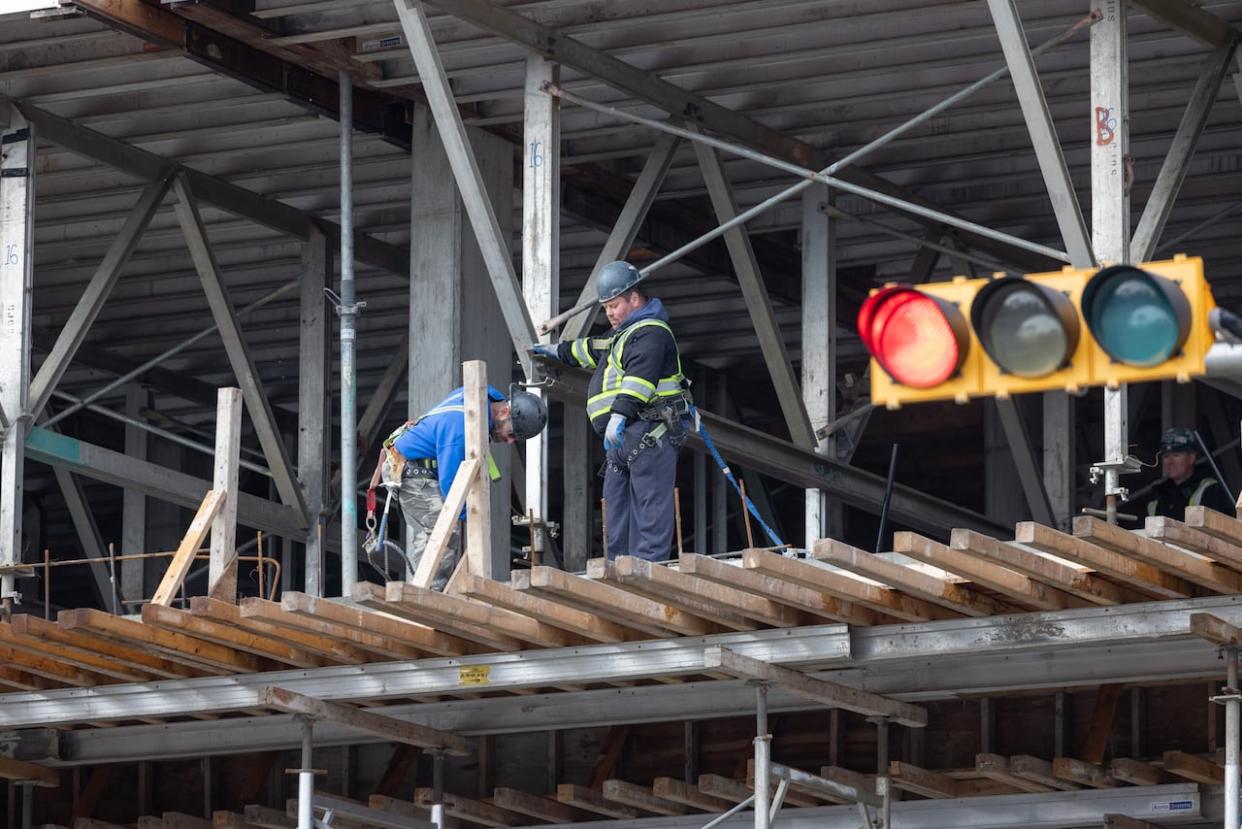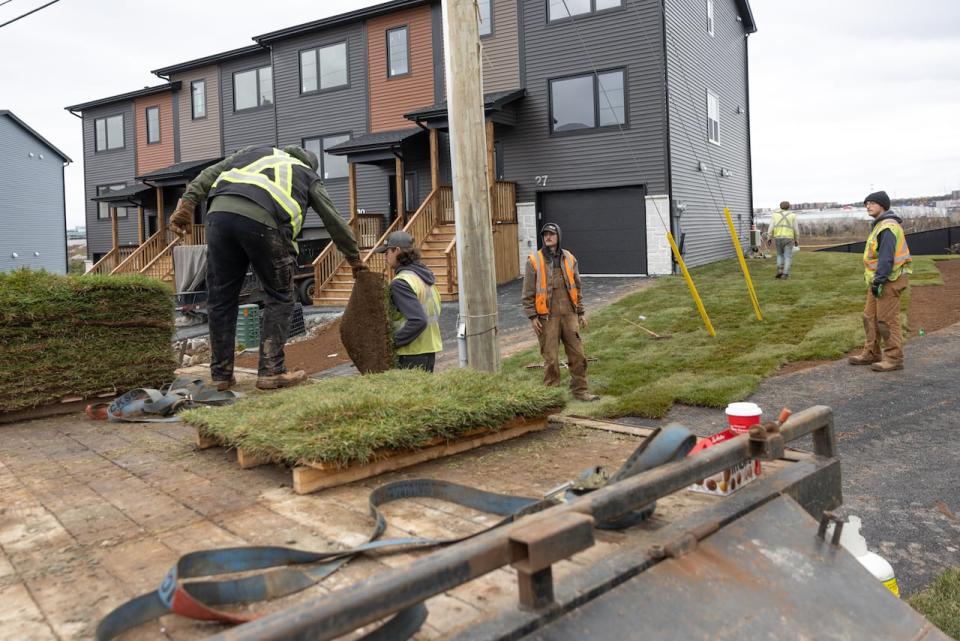Halifax residential construction costs up 8.4% in 3rd quarter compared to last year

New data from Statistics Canada shows residential construction costs went up 8.4 per cent in Halifax for the three months of July to September compared to the same quarter last year.
Halifax had the second highest year-over-year increase after Toronto out of 11 cities surveyed — although construction cost increases have mostly been slowing in Halifax and other cities over the last year or two.
Still, Colin Peters, the vice-president of Nova Scotia operations for Avondale Construction Limited, said he doesn't see costs coming down any time soon, especially considering the demand from a growing population.
"We've been seeing trends of costs going very high compared to where they were a few years back," said Peters, whose company builds multi-unit apartment and condo buildings among other kinds of projects.
Over the last six years for Halifax, yearly construction costs accelerated upwards beginning in 2021, peaking at 19.1 per cent in the first quarter of 2022.
Peters said one factor driving up costs is a shortage of workers needed for construction projects. "That's not just with carpenters and labourers," he said, "that's [also] … pipefitters and electricians and everybody."
Peters said another factor could be that some projects are taking longer to build, in part because of the labour shortage, but also because of supply-chain disruptions. "Even some … large pieces of electrical equipment right now and air handling units can be over a year to get that," he said.
Statistics Canada economist Michael Daoust said labour shortages were noted by builders in the latest survey, but that this is being experienced across Canada. He said Halifax did experience some local events this year that may have contributed to larger cost increases.
"Based on some of the commentary that we were provided by builders this quarter, they noted … flooding earlier in the summer," he said. "They [also] noted … the fires that happened."
High interest rates could play a role as well. "A lot of building construction is financed [through borrowing money], so obviously higher rates will make a lot of builders think twice about the projects [they] take on," Daoust said.
Peters believes that having more people available to work in the construction industry, through immigration for example, will bring costs down.
"Once we have enough … [labour] in the province and companies can execute more work, they won't have to put quite as high a price on it to still be a successful business," Peters said.

The cities surveyed by Statistics Canada for the building construction price index were chosen because they were assessed to have enough construction activity to support regular data collection. (Robert Short/CBC)
The province announced on Oct. 19 it will spend $100 million over the next three years to speed up recruitment and training of tradespeople. The government is also waiving the requirement for immigrants who worked in the trades to have a Nova Scotia equivalent high school diploma before they can start as an apprentice.
Duncan Williams, president of the Construction Association of Nova Scotia, said the industry is supportive of these recent provincial initiatives. "Of course, it's going to take a little time for those things to really start to produce the benefits," he said.
He also said the industry could be doing more to create inclusive spaces, for example for women and racialized people. "There's a lot of focus on making sure … that happens so that those individuals have an opportunity to participate," Williams said.
MORE TOP STORIES


